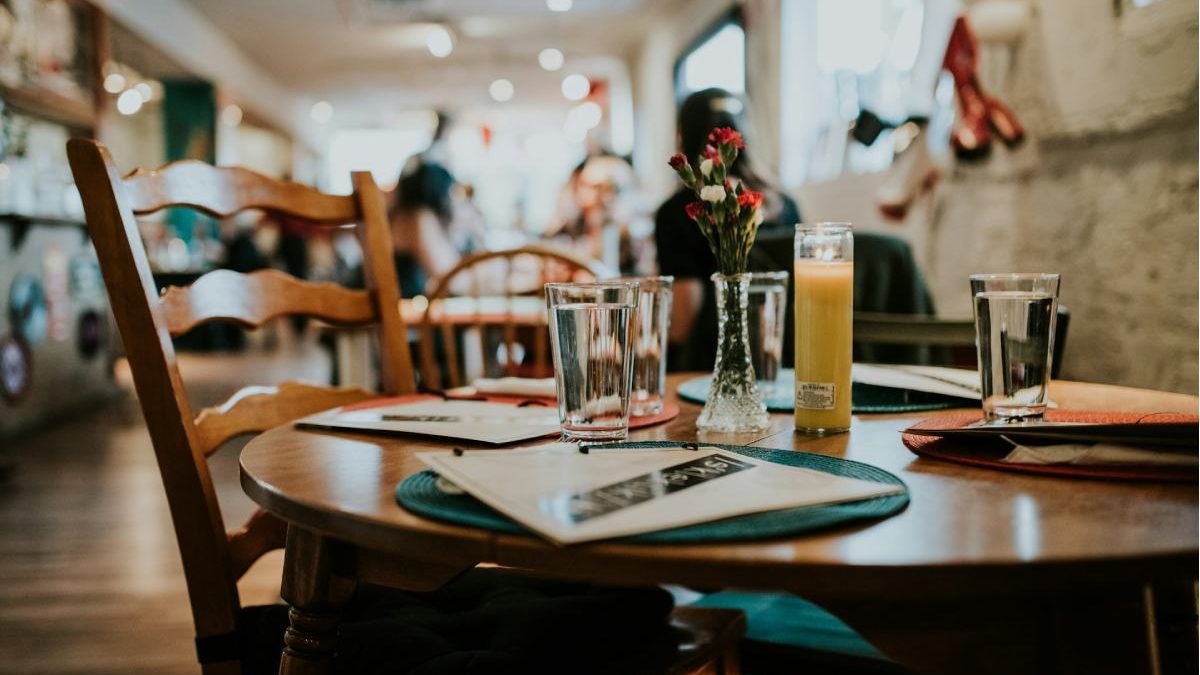The issue of sustainability has never been more important. There are a good many sources that are indicating that we may, in fact, have just twelve years in which to halt catastrophic changes to the climate. It is no secret that we must reduce our carbon dioxide emissions in an effort to limit future temperature increases on a global scale by 2 degrees Celsius (1.5 degrees would be preferable).
When it comes to utilities and energy, there are some green solutions available that come in the form of renewable energy. In recent years, the UK has had a huge focus on nuclear power and offshore wind power, the latter of which it is believed has the capacity to replace the former. With surveys indicating that consumers are actively looking for those companies who are more aware of their impact on the environment, this would seem to be the obvious direction.
Table of Contents
Green energy
It really should come as no surprise that many businesses, and restaurants in particular, have increased their efforts to be greener, particularly in light of the 2010 Sustainable Restaurant Association (SRA) creation. Working with a range of eateries, the SRA bases their work on three pillars: Sourcing, Society and Environment. They use these to help their members be as sustainable as possible.
How are restaurants going green?
The high street restaurant chain, Nando’s, is a perfect example of a restaurant that is certainly doing its bit. A few years ago in Cambridge, they opened their first fully sustainable eco restaurant. The restaurant operates completely using renewable electricity and gas, 10% coming from the 97 solar panels that they have installed on site and the remaining 90% brought in. The building itself is also made of sustainable materials.
Wahaca is another restaurant making huge changes. They are officially certified as being a company with carbon neutral status. On their new sites, they have reduced their energy consumption by 36% and on their older sites by 15%. They have done this by upgrading their appliances and systems, installing small-scale heat networks in the restaurants and converting their food water into liquid fertiliser and biogas. They have also reduced their carbon footprint by sourcing most of their ingredients locally.
Wagamama is a third SRA member who is making a difference. They run all of their restaurants on renewable energy and the 1 million litres of used oil they produce each year is used to make their own biodiesel fuel. Leftover food is turned into green energy that powers their LED lighting; they waste nothing. Not only have they reduced their energy consumption by 10% but they have also saved 28 million litres of water through their sustainability initiatives.
Whilst not all of these steps may be possible for smaller non-chain restaurants, there is still plenty that can be done. Solar panels are a good start as are things like turning used cooking oils into biofuel. Little steps really can make a huge difference.


